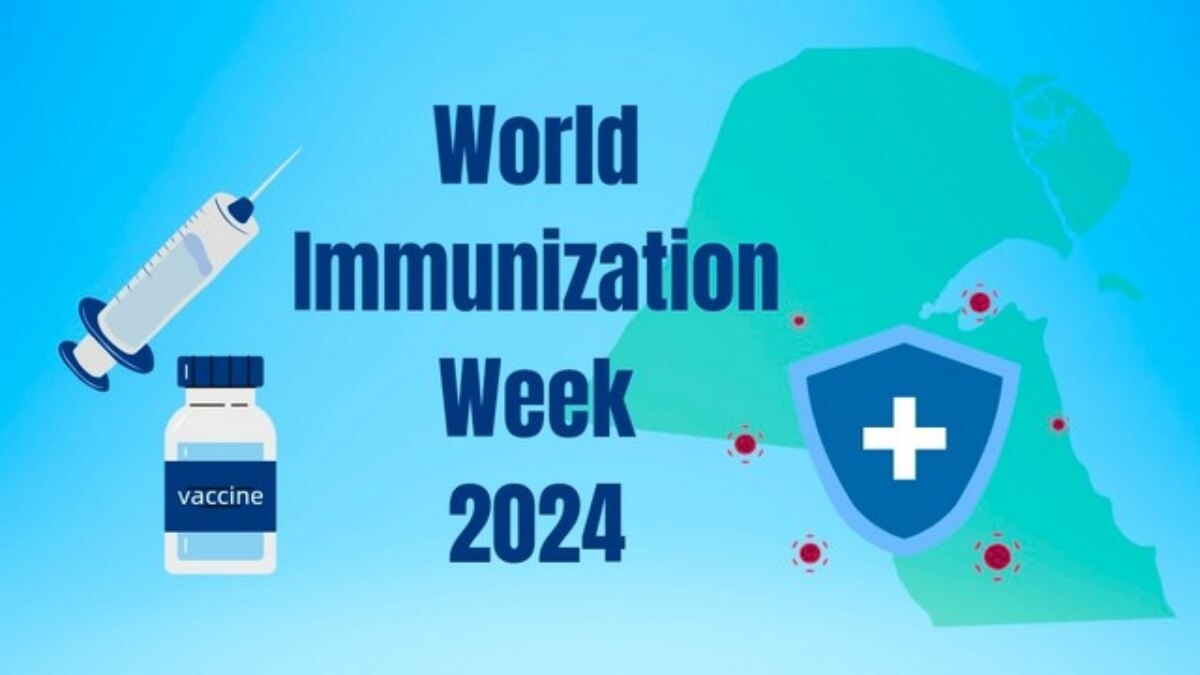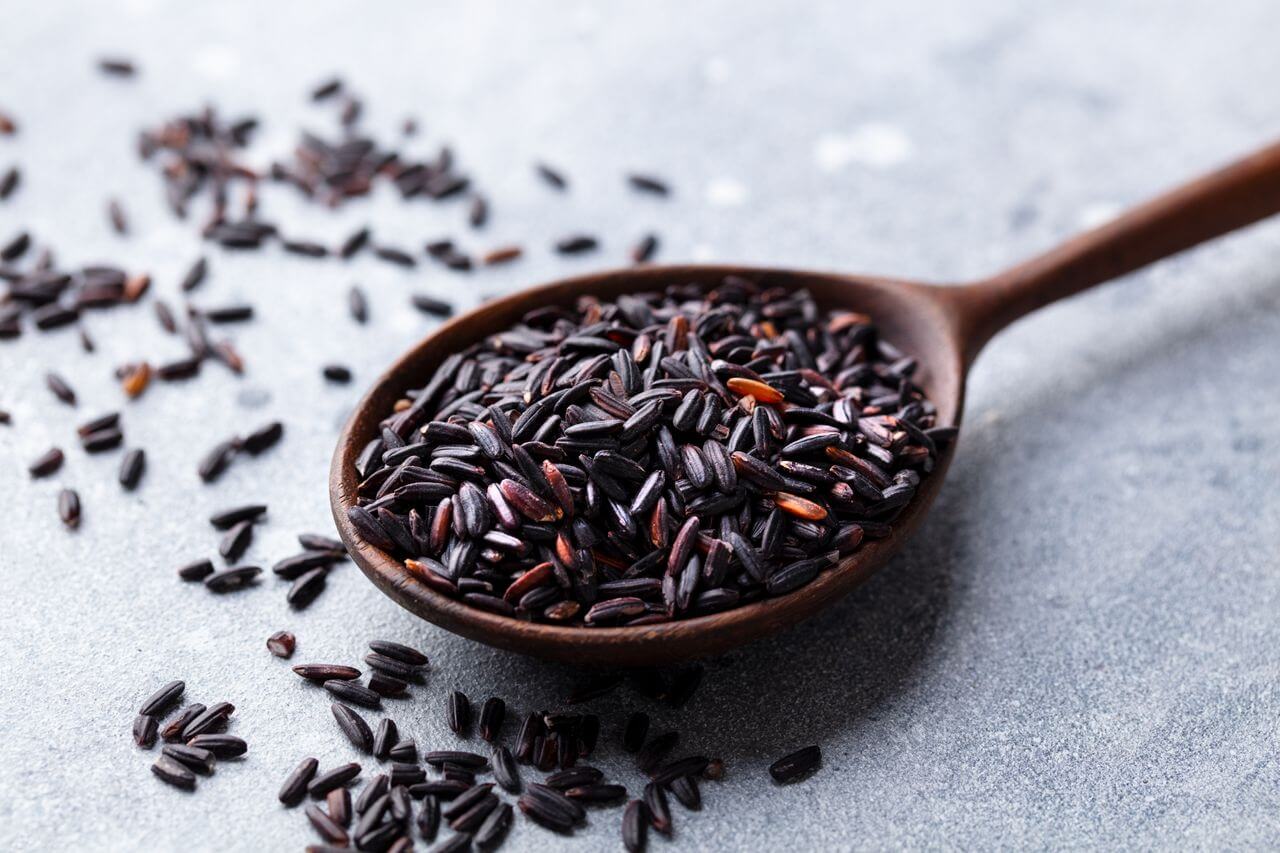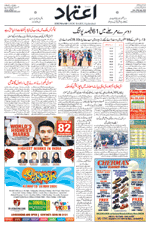Pregnancy after 40? Know whether it is safe or not
Thu 23 Nov 2023, 23:53:35

Pregnancy is a transformative journey marked by unique challenges and joys. As societal norms evolve, an increasing number of women are choosing to embrace motherhood later in life. According to Dr Rinku SenGupta Dhar, Senior Consultant, Obstetrics & Gynaecology, Rainbow Children’s Hospital, Delhi, while conceiving and carrying a child after the age of 40 is indeed possible and often successful, it comes with its own set of special considerations and potential risks.
Fertility Challenges: Conceiving naturally can become more challenging as a woman's fertility declines with age. After the age of 35, the quantity and quality of a woman's eggs decrease, making it harder to achieve pregnancy. For women over 40, the chances of getting pregnant each month are significantly reduced.
Medical Assistance: Many women pursuing pregnancy after 40 may seek medical interventions such as in vitro fertilization (IVF) or other fertility treatments. These technologies can increase the chances of conception but also bring about their own physical, emotional, and financial considerations.
Increased Monitoring: Doctors often recommend more frequent prenatal check-ups for women over 40. This increased monitoring allows for the timely detection of any potential complications and ensures a comprehensive and personalized approach to maternal care.
Pre-existing Health Conditions: Women over 40 may have pre-existing health conditions like diabetes or hypertension. These conditions require careful management during pregnancy to minimize risks for both the mother and the baby.
Risks associated with pregnancy
after 40:
after 40:
Increased Risk of Miscarriage: The risk of miscarriage rises with maternal age. This is often attributed to chromosomal abnormalities in the developing fetus. Early prenatal care and monitoring become crucial in detecting potential issues.
Gestational Diabetes: Women over 40 are at a higher risk of developing gestational diabetes during pregnancy. This condition can lead to complications for both the mother and the baby, including larger birth weight and increased risk of cesarean section.
Hypertension and Preeclampsia: Advanced maternal age is associated with a higher likelihood of developing hypertension and preeclampsia during pregnancy. Regular blood pressure monitoring and prenatal care are essential to manage these conditions effectively.
Preterm Birth: The risk of preterm birth increases with maternal age, which can result in potential health issues for the newborn. Careful monitoring and medical interventions may be necessary to prevent or manage preterm labour.
Multiple Gestations: Women undergoing fertility treatments, common among those over 40, have a higher likelihood of conceiving twins or higher-order multiples. Multiple gestations come with their own set of challenges and increased risks, such as premature birth.
Advances in medical science, coupled with attentive prenatal care and lifestyle adjustments, contribute to successful outcomes. Each woman's journey to motherhood is unique, and understanding the specific considerations and risks associated with pregnancy after 40 empowers individuals to make informed choices and embrace the experience with confidence.
No Comments For This Post, Be first to write a Comment.
Most viewed from
Most viewed from Health
AIMIM News
Asaduddin Owaisi files nomination papers on Friday
Apr 20, 2024
Owaisi Begins Election Campaign in Hyderabad
Apr 13, 2024
Bring back Indian workers in Israel: Owaisi
Apr 13, 2024
Latest Urdu News
Most Viewed
May 26, 2020
Do you think Ruturaj Gaikwad would be a good captain for Chennai Super Kings?
Latest Videos View All
Like Us
Home
About Us
Advertise With Us
All Polls
Epaper Archives
Privacy Policy
Contact Us
Download Etemaad App
© 2024 Etemaad Daily News, All Rights Reserved.













.jpg)
.jpg)
.jpg)
.jpg)
.jpg)
.jpg)
.jpg)
.jpg)
.jpg)
.jpg)
.jpg)
.jpg)
















